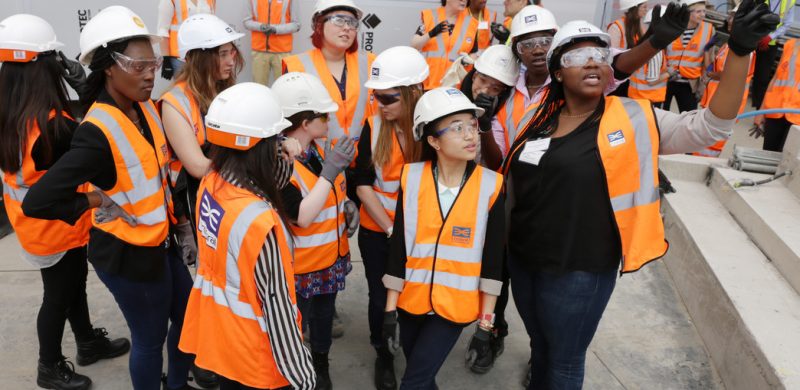
19% of students going to NUST want to do Engineering degrees. In the 2015 enrolment, out of the 8555 who enrolled, 49% were doing sciences and engineering. A third of these students doing sciences and engineering are female. Nozinhle Khumalo, who finished her Electronic Engineering degree this year was part of a class in which there were 33 male students and 9 female students.
According to NUST regulations, the entry level requirements for women wanting to do engineering degrees at NUST range from 6 points to 11 points at “A” Level whilst males are required to have 7 points to 13 points at “A” Level. This shows how the institution is taking strides at trying to make the playing field level for both males and females.
Despite this fact, CV People Africa states that only 5% of network administrators in Zimbabwe are women; 5% of Telecoms technicians in Zimbabwe are women; 17% of IT managers in Zimbabwe are women; Systems engineers, Computer technicians, IT Support officers, Web developers, IT consultants all have less than 20% of women occupying those positions.
A research conducted by the Harare Institute of Technology in 2013 found out that female students enrolling in the Engineering degree programs are 4 times lower as compared to the male students in the same field, with Industrial and Manufacturing Engineering having the lowest female intakes. In addition to this, the total number of female graduands in the Engineering disciplines has been significantly lower compared to the males.
Furthermore, the study showed that the total number of women engineers registered and who actively participate in professional bodies such as the Zimbabwe Institute of Engineers (ZIE) and the Engineering Council of Zimbabwe is lagging behind as compared to the male engineers. For example, the total number of women engineers actively involved in all the ZIE grades is 96% lower as compared to that of men.
Currently, there are awareness campaigns which are being done in order to increase the number of women engineers, both graduands and students. Zimbabwe is working with United Nations agencies such as UN Women, UNDP and UNFPA who have women empowerment at heart to make this initiative a success. There are several women engineers who are successful namely Professor Londiwe Nkiwane (chairperson of the textile engineering/technology department at the National University of Science and Technology) , Engineer Rujeko Masike (Industrial and Manufacturing Engineer: Lecturer at HIT), Engineer Memory Nyoni (Mechanical Engineer and Technical Director for the Rural and Electrification Agency (REA) and Engineer Farai Mavhiya-Bhiza (Electrical Engineer, Engineering Council of Zimbabwe Board member as well as the Associate Director for ARUP, which isan independent firm of designers, planners, consultants, engineers and technical specialists offering a broad range of services.
The biggest challenge thus far is that the engineering sector in Zimbabwe is dominated by male counterparts and reversing this is an utter uphill challenge as our society in African culture is largely patriarchal.
Article by Nelson Madzima






1 Comment
Why did you leave Eng Gloria Magombo of ZERA ,Prof. Dr. A.L.D. Vassileva of the UZ and Eng Grace Pisirayi of Zesa?